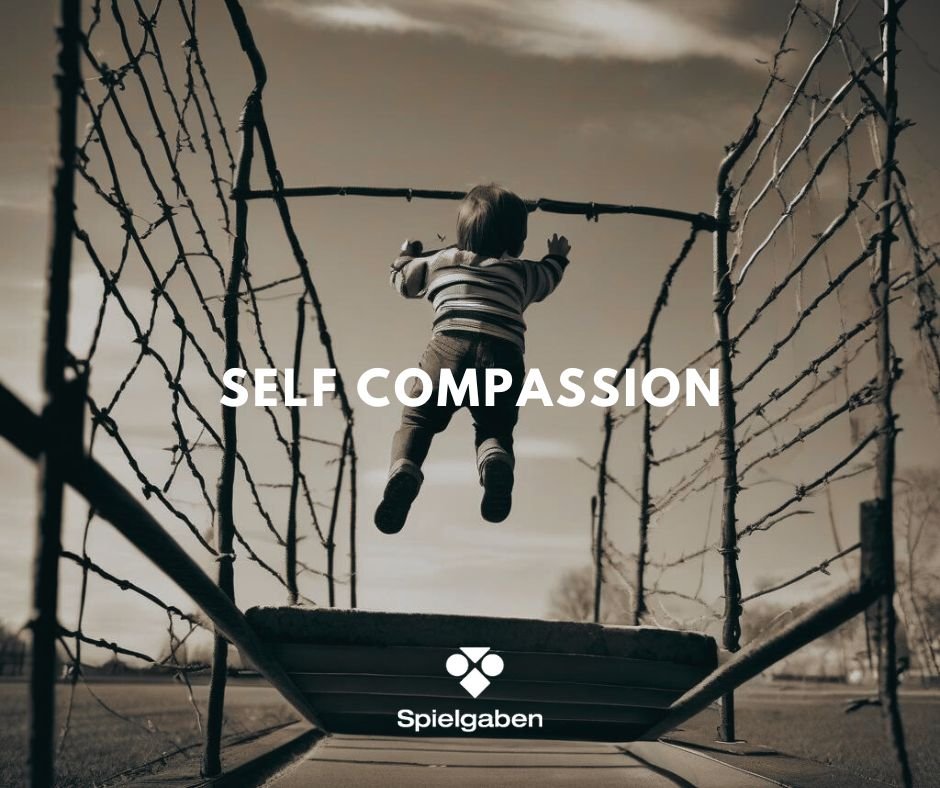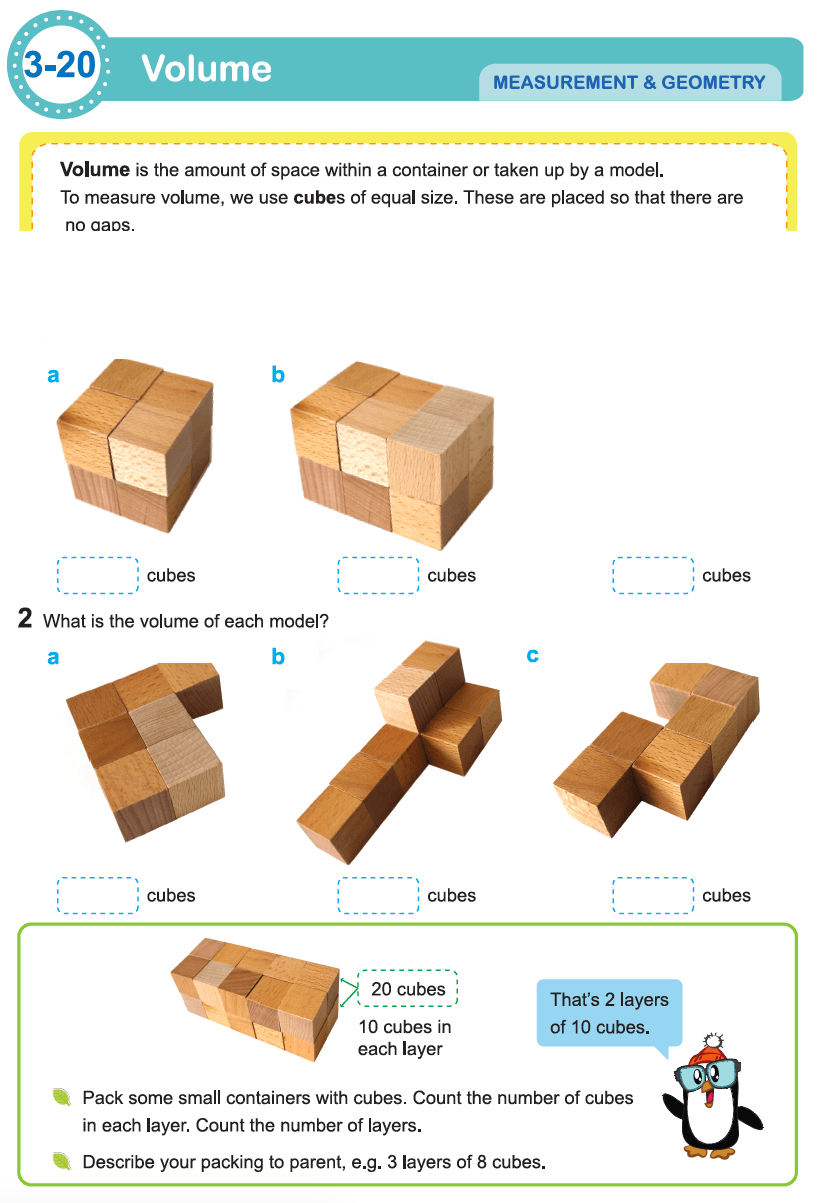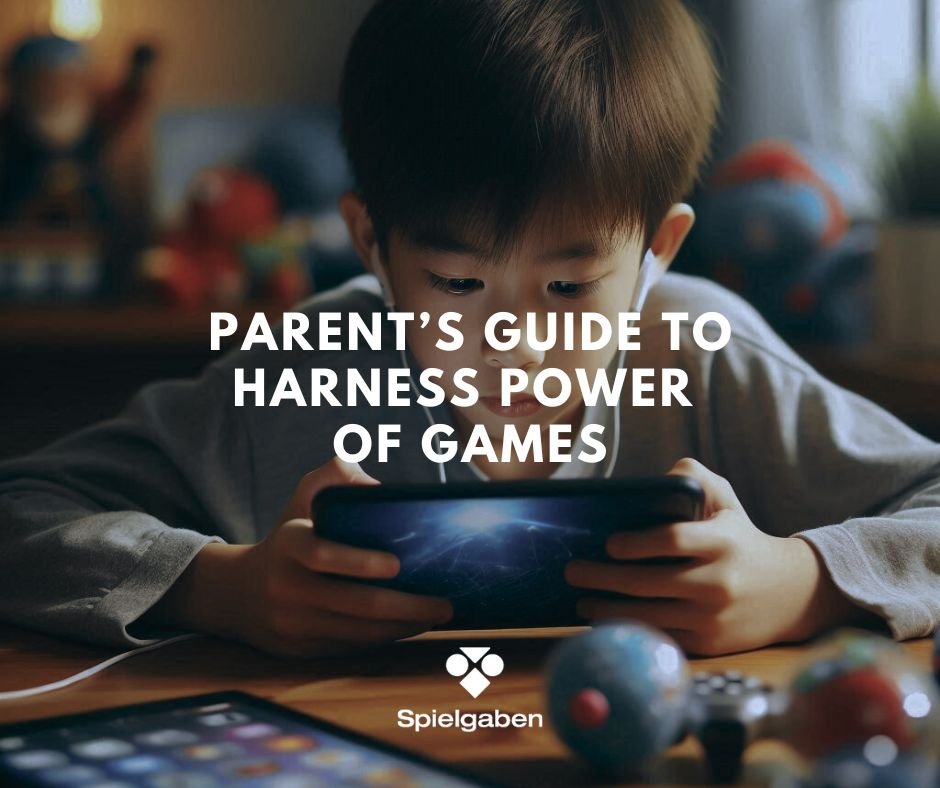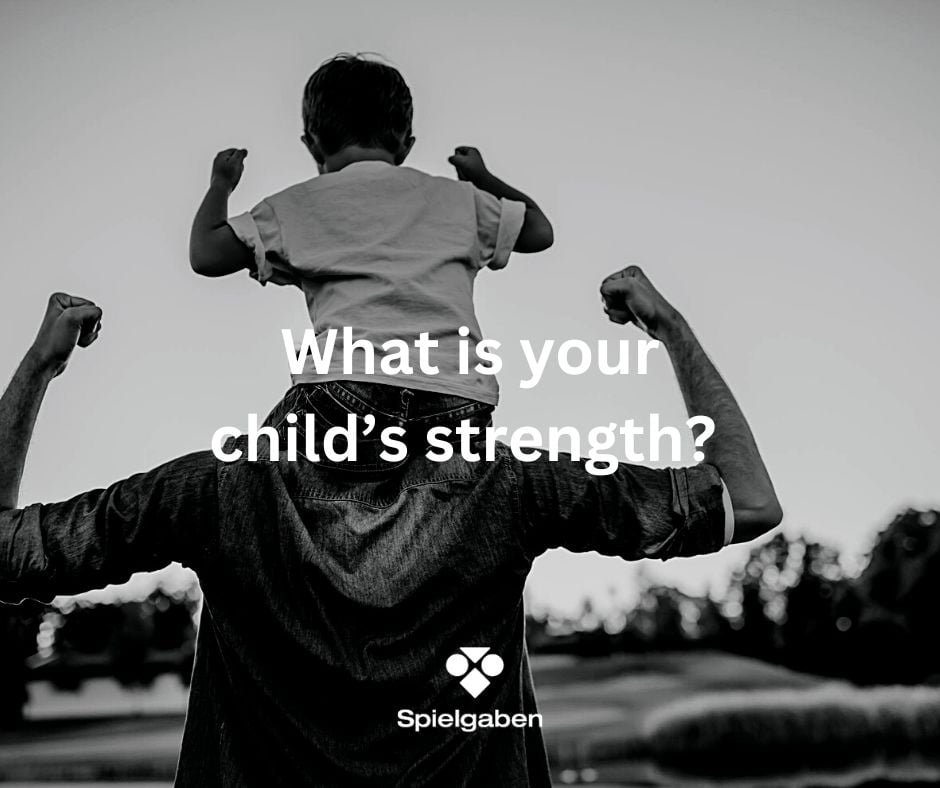Self Compassion: Master 4 steps and your child can navigate any life’s challenges with confidence and grace
In our quest to provide the best for our children in today’s ultra-competitive world, we often find ourselves hovering over them, anticipating their needs, smoothing their paths, and catching them before they fall. This style of parenting, known as helicopter parenting, stems from our deep desire to ensure their success and happiness. But at what cost?
The Pitfalls of Helicopter Parenting
Recent research has shown that helicopter parenting can lead to the development of anxious, entitled children with poor coping skills.
Constantly shielding them from failure and adversity can hinder their ability to handle challenges independently.
This brings us to an important question: What is truly best for our children?
The Answer is Self-Compassion
The answer lies in helping our children develop self-compassion. By fostering self-compassion, we equip them with the resilience needed to face negative emotions and setbacks.
Self-compassion enables them to become stronger and more resilient, capable of navigating life’s ups and downs with grace and strength.
What does Self-Compassion really mean?
Self-compassion involves treating oneself with the same kindness, understanding, and support that one would offer a dear friend.
It means acknowledging one’s own suffering without judgment and responding with care and compassion.
This powerful skill can be cultivated through regular practice, transforming how one deals with difficulties and challenges.
Why is Self-Compassion Important?
Practicing self-compassion helps ease personal suffering and creates space for healing.
It nurtures a positive self-relationship, bolsters emotional resilience, and enhances overall well-being.
By teaching our children self-compassion, we empower them to handle stress, failure, and negative emotions constructively.
How Can Parents Help Children Develop Self-Compassion?
Here are actionable steps parents can take to help their children cultivate self-compassion in daily life:
Step 1: Acknowledge Negative Thoughts
When you notice your child experiencing negative thoughts or emotions, encourage them to acknowledge these feelings. Help them recognize that it’s okay to feel sad, frustrated, or disappointed.
Step 2: Note How the Thought Makes Them Feel
Encourage your child to explore how the negative thought makes them feel. This step involves identifying and understanding their emotions rather than suppressing them and it really helps if child write personal journal or diary to express their feelings whenever they like.
Step 3: Respond with Compassion
Teach your child to respond to their negative thoughts with a gentle, compassionate voice. This involves offering themselves the same kindness and understanding they would offer a friend in distress.
Step 4: Notice the Impact
After responding with self-compassion, encourage your child to take a moment to notice how they feel. This step helps them recognize the comfort and support that self-compassion can bring.
For example, after offering themselves compassionate words, ask your child to reflect on any changes in their emotions such as, “How do you feel after speaking kindly to yourself?”
Here are extra actionable tips on Implementing Self-Compassion in Daily Life
1. Model Self-Compassion: Demonstrate self-compassion in your own life. When you encounter difficulties, openly practice self-compassion, showing your child how it’s done.
2. Create a Supportive Environment: Foster a home environment where self-compassion is encouraged. Celebrate efforts rather than just achievements, and emphasize the importance of self-care and self-kindness.
3. Practice Together: Engage in self-compassion exercises as a family. For example, you can set aside a few minutes each day to acknowledge and respond compassionately to any negative thoughts or feelings.
4. Use Self-Compassionate Language: Encourage your child to use compassionate language when talking about themselves. Replace self-critical statements with supportive and understanding words.
5. Reflect on Experiences: After challenging experiences, guide your child to reflect on how they handled the situation and what self-compassionate steps they took. Discuss the impact it had on their emotions and well-being.
Conclusion
Self-compassion is not about self-pity or self-indulgence; it’s about treating oneself with the same love, respect, and understanding that one would offer to anyone they care about.
By incorporating self-compassion into daily life, your child will begin to cultivate a kinder, more understanding relationship with themselves.
Embrace this powerful practice and watch your child thrive, equipped with the tools to face adversity and emerge stronger and more resilient.













LEAVE A COMMENT